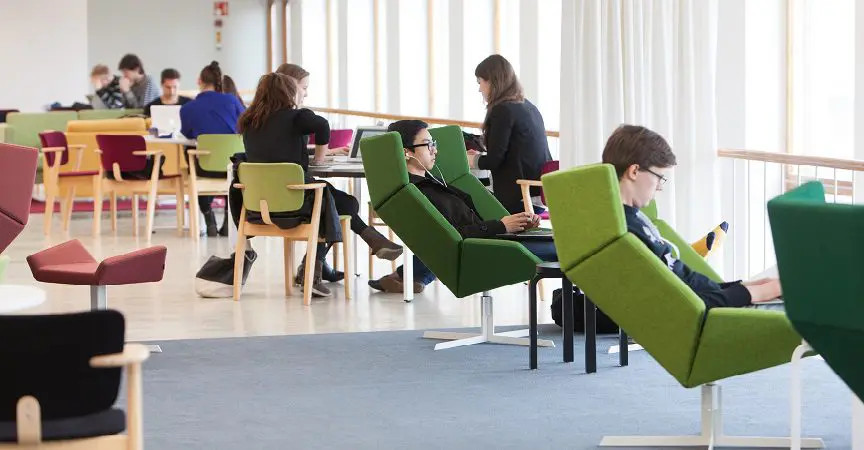Finland's Secret to Educational Success
Finland's education system has gained global attention for its high scores during international evaluations such as the Program for International Student Assessment (PISA). This success is due to the emphasis on homework reduction and the importance given to student well-being. Why is the Finnish education system so successful? The answer can be found in an educational approach that considers the well-being of students as a priority and reduces the homework overload.
Finnish students spend much less time on homework than their counterparts in other developed countries. On average, they spend about 30 minutes a per day on homework. This practice is due to the belief that too much homework does not necessarily result in more learning. Instead, Finnish teachers emphasize quality over quantity, focusing on deep learning and the development of critical thinking skills, something we have discussed in previous posts.
This reduction in homework doesn't mean that Finland takes education lightly. On the opposite, it shows a dedication to ensuring that students are not overwhelmed and stressed by academic pressures, allowing them to engage more deeply with the topic and develop an interest in learning. The time that would normally be spent on homework is spent on activities that promote holistic development, such as physical exercise, creative projects, and spending time with family.The Central Role of Student Well-being
At the heart of Finland's educational success is a strong emphasis on student well-being. The Finnish system recognizes that learning is most effective when students are mentally and emotionally healthy. To this end, Finnish schools create environments that are supportive, inclusive, and nurturing. Small class sizes are a key feature of this approach, allowing for personalized attention and fostering a sense of community within the classroom.
Physical activity is also an integral part of the school day in Finland. Students are given regular breaks to participate in outdoor activities, which helps them maintain focus and energy throughout the day. This contrasts with the more rigid, test-driven schedules found in many other countries, where recess and physical education are often minimized in favor of additional instructional time.
Finland's commitment to equality in education ensures that all students, no matter their socioeconomic status, have access to high quality education. This inclusive approach is a key factor in the system's success, since it creates an environment in which all students can develop successfully.

Finland's education system offers a useful lesson for other countries, as it challenges the belief that more homework and longer class hours are necessary for academic success. Instead, Finland demonstrates that a focus on equality in education, student well-being and access can produce improved results and prepare students to face the future with determination.
